Ready to Land a Summer Internship? Here are Six Tips to Ensure That you are Headed in the Right Direction!
As a Career Coach, I have met a lot of students who put off finding an internship until their senior year of college. Many students believe they are unqualified to apply for jobs like this since they lack experience.
During the summer between their freshman and sophomore years of college, students should begin developing their professional networks and applying for internships. This is an excellent opportunity for students to broaden their connections and gain hands-on experience in their chosen field while also earning a bachelor’s degree. Here are some pointers on how to apply for summer internships:
1. Start the Search Process Early

Internships are a great way to learn about a variety of different career paths! They are a great way for people to discover if they made the wrong career choice. It allows you to make a more informed decision about what you want to do after graduation if you gain practical hands-on experience. The sooner you realize this, the less time and money you would waste switching majors within the first two years of college.
2. Write & Polish Your Resume & Cover Letter

This is the most critical part of the internship application process. One of the many benefits of internships is that they will help you develop more skills and enhance your resume. It is critical to showcase that you have the relevant work experience or skills when applying for a position. Make sure to use chronological formatting and that there are no grammatical errors. Have someone proofread your resume before submitting it.
Although some companies don’t require a cover letter, it is always good to include one. When writing cover letters, I advise students to write their first draft with as much passion as possible. This is an opportunity to emphasize your accomplishments, your ability to express yourself properly, and how your abilities will aid you in your new position. Thus, making a strong case for why you’re the best candidate for the job. Then, edit and polish it to make it sound professional.
3. Network, Network, Network!

An internship is a great way to meet new people and build a network that will help you in the future. Many of the people I know who have landed full-time jobs after graduation have done so through connections they made through their internships or summer jobs. Look no further if you’re unsure of how to proceed. Start by becoming a member of a club on campus that relates to your career goals. Then, reach out to people on LinkedIn or by email if they work for a company or in a profession that interests you.
Another great networking strategy is to ask LinkedIn contacts for an informal phone call to learn more about them, their employment journey, or their organization. In the event that an internship position becomes available or is created at their company in the future, they are likely to reach out to you as a potential candidate. As an incentive, your network can serve as excellent references who can vouch for your work ethic and abilities.
4. Apply To Many Internships

When applying to summer internships it is important to remember to keep an open mind and apply to as many different types of internships. First, start by making a list of companies you would like to work for. Then, visit their websites to learn more about them. Internships and full-time employment opportunities are readily available on the websites of most businesses, particularly for large companies. You may also want to check out sites like University’s Career Center, Handshake, Linkedin, and Indeed.
5. Prep For The Interviews

It is important to go beyond just preparing for the questions you might be asked during the interview. Make sure you do your homework! You should research and be well-informed and knowledgeable about the company. Employers like this because it demonstrates that you have a genuine interest in the company and the ability to prepare thoroughly. Finally, remember to include some examples from your own life. If you lack relevant work experience, don’t be afraid to seize any opportunity to acquire it.
6. Post-interview Etiquette

After the interview, many people fail to express their gratitude and enthusiasm. Because of this, it is imperative that you write a thank you letter or email to each person who interviewed you following the interview. This will help you stand out from the crowd when applying for jobs.
In conclusion, whether you’re a current college student, a recent college graduate, or in the midst of a career change, making a list of industries that best suit your knowledge, talents, and interests may be a good place to start. Having completed multiple internships prior to graduation will make the job search process more seamless. You should now have a better understanding of what employers are looking for in a candidate and will feel more at ease during the interview process.
Yeraz Benlian
2029 Verdugo Blvd., Suite 728 Montrose,CA 91020
Hours: Monday-Friday (9:00 am- 6:00pm)
yeraz@pathway2careerconsulting.com
(818) 913-9919

